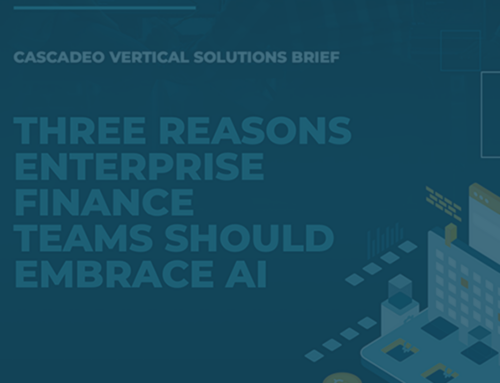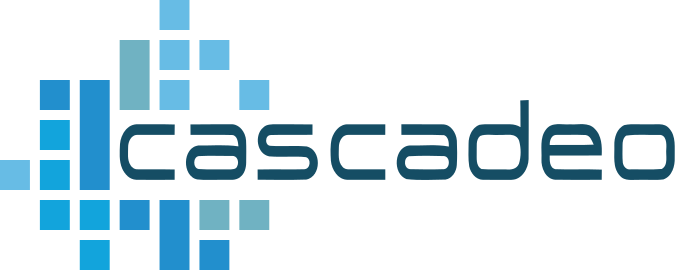
Digital transformation, by necessity, must transform your operations, as well. Reconfiguring your IT departments from traditional development, operations, and security divisions into DevOps or DevSecOps teams is essential to cloud success.
Upskill, Hire, or Work With a Vendor? Choose Wisely
 Despite continuing tech layoffs throughout 2023 so far, one area of staffing need persists: Cloud talent. With recruiting costs soaring for in-demand tech positions to approximately $4,700 per hire, securing and retaining the right talent is an expensive, time-consuming endeavor. Because cloud is both highly specialized and growing, and because legacy-style development doesn’t necessarily translate smoothly into cloud prowess, the gap in cloud skills is significant and presents a serious challenge to enterprises attempting to transition into cloud-native operations. Security concerns may be the first barrier to cloud adoption in terms of planning, but lacking the staff to modernize represents a practical impediment: even when the you know you belong in the cloud, without the right people to do the job, how do you get there? And once you’ve migrated, how do you keep your cloud optimized and running smoothly?
Despite continuing tech layoffs throughout 2023 so far, one area of staffing need persists: Cloud talent. With recruiting costs soaring for in-demand tech positions to approximately $4,700 per hire, securing and retaining the right talent is an expensive, time-consuming endeavor. Because cloud is both highly specialized and growing, and because legacy-style development doesn’t necessarily translate smoothly into cloud prowess, the gap in cloud skills is significant and presents a serious challenge to enterprises attempting to transition into cloud-native operations. Security concerns may be the first barrier to cloud adoption in terms of planning, but lacking the staff to modernize represents a practical impediment: even when the you know you belong in the cloud, without the right people to do the job, how do you get there? And once you’ve migrated, how do you keep your cloud optimized and running smoothly?
These can sound like trick questions, particularly for enterprises whose IT operations are internally staffed by seasoned pros. Traditional operations approaches don’t translate easily to cloud systems; too often, efforts to convert legacy operations to the cloud unaltered become expensive lift-and-shift migrations that result in poorly architected and optimized setups wherein the cloud is treated like a data center, instead of taking advantage of the cloud-native features that move business forward. Unfortunately, this tendency often grows from trying to force traditionally trained IT staff into cloud engineering roles. The cloud requires a challenging shift in thinking about systems, assets, and architecture. Concepts like composability, serverless, and machine learning don’t always come naturally for staff accustomed to legacy systems. This leaves cloud-eager enterprises with a handful of options: hiring cloud talent at the exorbitant salaries scarcity demands, upskilling current staff (and continuing to do so in perpetuity, since cloud technologies evolve at breakneck speed), partnering with universities and training programs (which are often behind that cloud evolution curve), or outsourcing your cloud to a professional and managed services partner that does the work of finding highly qualified cloud engineers for you and, in many cases, runs your cloud so that you can focus on your business.
Digital transformation, by necessity, must transform your operations, as well. There’s no question that the cloud offers business agility and opportunities for growth that cannot be accomplished via legacy IT. Reconfiguring your IT departments from traditional development, operations, and security divisions into DevOps or DevSecOps teams is essential to cloud success (and helpful for legacy departments, as well). Engaging with certification programs across AWS, Azure, and GCP can help keep your team up to date on emerging cloud functions and trends as well. But in the long run, upskilling and hiring are expensive and can lead straight to losing staff to competitive hiring elsewhere. Because cloud adoption continues to grow and academic programs tend to be slow to adapt, the skills gap isn’t going away in the near future, so the threat of competitive hiring will continue long-term.
Furthering the complication, because many enterprises choose multi-cloud deployments and each cloud vendor approaches security in its own way, upskilling existing staff requires continual upskilling in all cloud platforms in order to ensure that your first priority—the security of your systems and the privacy of your customers’ data—is maintained at the highest possible level.
There are several ways a managed and professional services partner can solve your staff cloud skills deficit. An expert-designed digital transformation can ensure that your modernization project adheres to best practices across cloud vendors. Professional services can augment your staff as you modernize. Cloud consultants and advisors can guide your implementation of DevOps and DevSecOps practices. Managed services can take on the job of running your entire staff for you, and when that job feels too big to outsource, dedicated managed services can take on your enterprise cloud, assuring ongoing optimization and best architecture practices so that your in-house team can focus on innovating, serving your customers, and strategizing for future offerings and deployments.
It’s essential to choose your solution to the cloud talent shortage wisely. Until you do, you may miss out on clear business advantages of cloud, or worse, end up with a sub-par cloud modernization that requires expensive correction efforts in order to arrive at the cloud that best serves your business and your customers.




